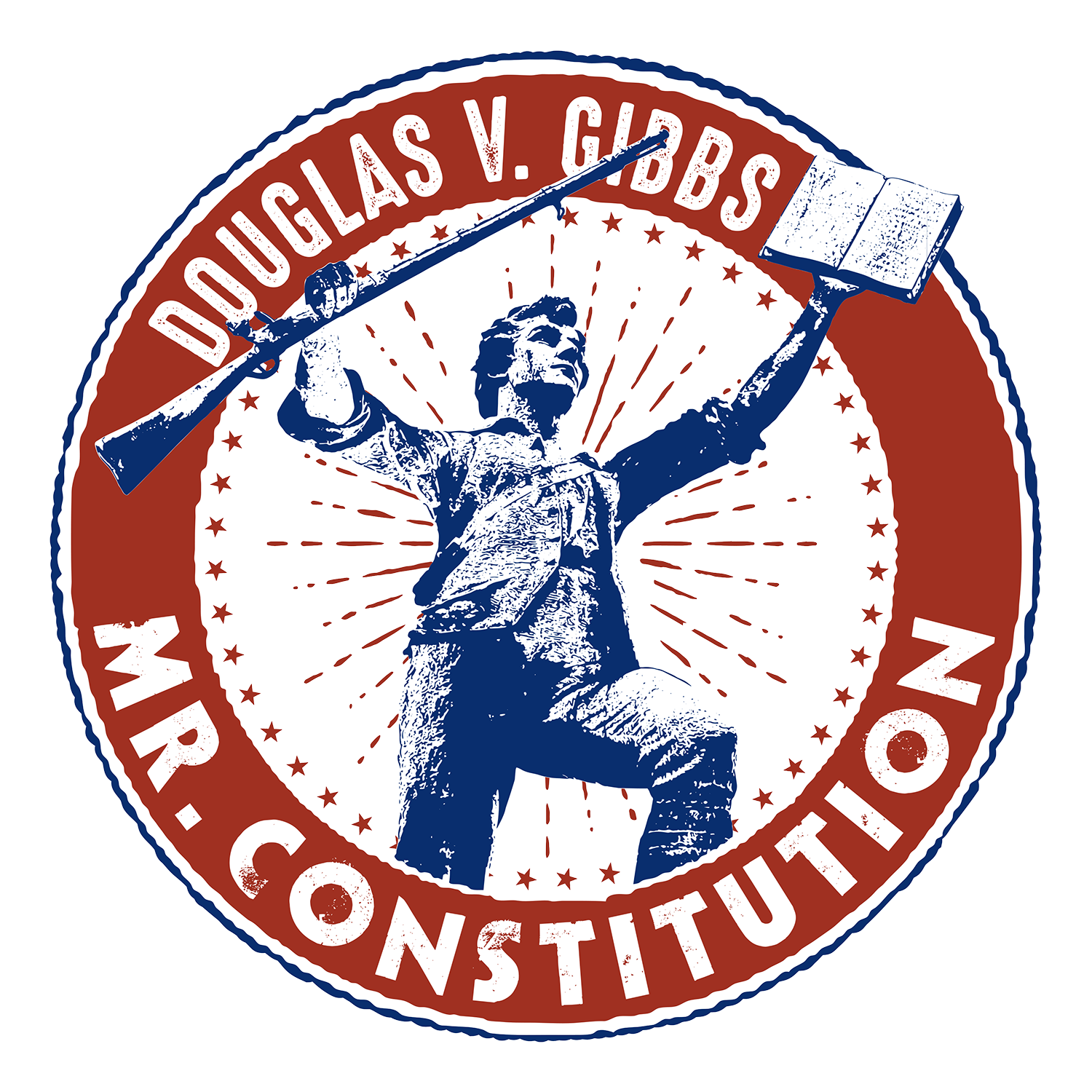By Douglas V. Gibbs
During the Republican National Convention the internet exploded with accusations and articles regarding the Hatch Act. Well known liberal left websites like The Huffington Post, and media outlets like the Washington Post, Los Angeles Times, and New York Times, jumped on the bandwagon. The Party of hatred and false accusations was at it again. The Democrats, however, this time figured they had something on the GOP that could finally stick.
Except, it doesn’t.
The Huffington Post warned, “President Donald Trump’s insistence on using the White House for much of his nominating convention may be pressuring hundreds of staff into violating a federal law prohibiting political activity on government property, ethics experts said. While the president and vice president are exempt from the Hatch Act, employees who work at the White House ― both political appointees and civil servants ― are not exempt, meaning any federal employee who helped stage the various video productions at the Republican National Convention this week or the speeches by Trump and first lady Melania Trump could be exposed to the law’s penalties, which can range from a reprimand to being fired.”
The Los Angeles Times scolded, “Inevitably, White House staffers will have to be involved in the logistics for setting up and delivering the speech, as they were in all likelihood for Melania Trump’s speech on Tuesday and for the videos from the White House that have played at the convention. Even if the employees voluntarily choose to work on such things, it would still violate the Hatch Act. Federal employees are flatly barred from participating in political activities. And pressuring them to do so is a criminal violation under the law.”
Not so fast.
An article by
David Asp for Middle Tennessee State University explains, “The Hatch Act, an attempt to regulate corruption and possible intimidation of federal employees in the civil service by their elected supervisors, was enacted by
Congress in 1939. The act banned the use of federal funds for electoral purposes and forbade federal officials from coercing political support with the promise of public jobs or funds.
Sen. Carl Hatch, D-N.M., introduced the act after learning that New Deal–era government programs, specifically the Works Progress Administration, were using federal funds overtly to support Democratic Party candidates in the 1938 elections.”
Asp further explains that the Hatch Act has gone through a number of growing pains, and ultimately has been amended a number of times. “In 1940
Congress amended the act to include state and local employees whose salaries included federal funds. The amendment created campaign expenditure limits on political parties and contribution limits on individuals. In 1993
Congress again amended the Hatch Act to allow most federal employees to engage actively in partisan political management and political campaigns. The amendment allowed employees to express opinions on political subjects more openly.”
The goal was to ensure the Hatch Act remained true to its original intent without necessarily quelling the First Amendment Rights of federal employees.
If you read the law in its current form, including all of the amendments, you learn that The Hatch Act applies to “federal civilian executive branch employees,” with rare exceptions, as well as to some state, Washington, D.C., and local government employees whose work involves federally funded programs (remember, the 1940 amendment).
The goal based on the current law is to ensure federal programs “are administered in a nonpartisan fashion, to protect federal employees from political coercion in the workplace, and to ensure that federal employees are advanced based on merit and not based on political affiliation.”
The federal employees in question are then divided into “less restricted” and “further restricted” categories. The less restricted the employees, the more leeway they have when it comes to “taking part in partisan political management or partisan political campaigns.” If they do so, however, they are not supposed to use their titles or positions “while engaged in political activity,” pressure workers to take part in campaigns or use politics to interfere in business pending “before their employing office.”
The employees with heavier restrictions tend to be those working in intelligence or enforcement agencies such as the FBI or Federal Election Commission. They are not allowed to engage in partisan political management or political campaigns.
To the staff, the event at the White House was like any other event. They were not engaged in political activity, they were simply doing their job. They were not promoting their political agenda in a corrupt manner, nor were they being forced to promote a political agenda through political activity. They were simply doing their job of setting up chairs, editing film, or whatever.
As for the accusation regarding Secretary of State Mike Pompeo delivering a video from his federally paid for trip to Israel? He took a moment of his own free time to make the video, and presented himself as a citizen, family man, and American rather than Secretary of State. The funds to get him to Israel were not for the purpose of the video, therefore federal funds were not misappropriated.
Could some of the Republican National Convention, considering that much of it was at the White House, if you are a nit-picker, be riding the line between violation and non-violation? I suppose if you really wanted to pick it apart, you could say that. But based on original intent of the law, and the evolution of the law through amendments, the reality is that no, the Republican Party did not violate the Hatch Act.



